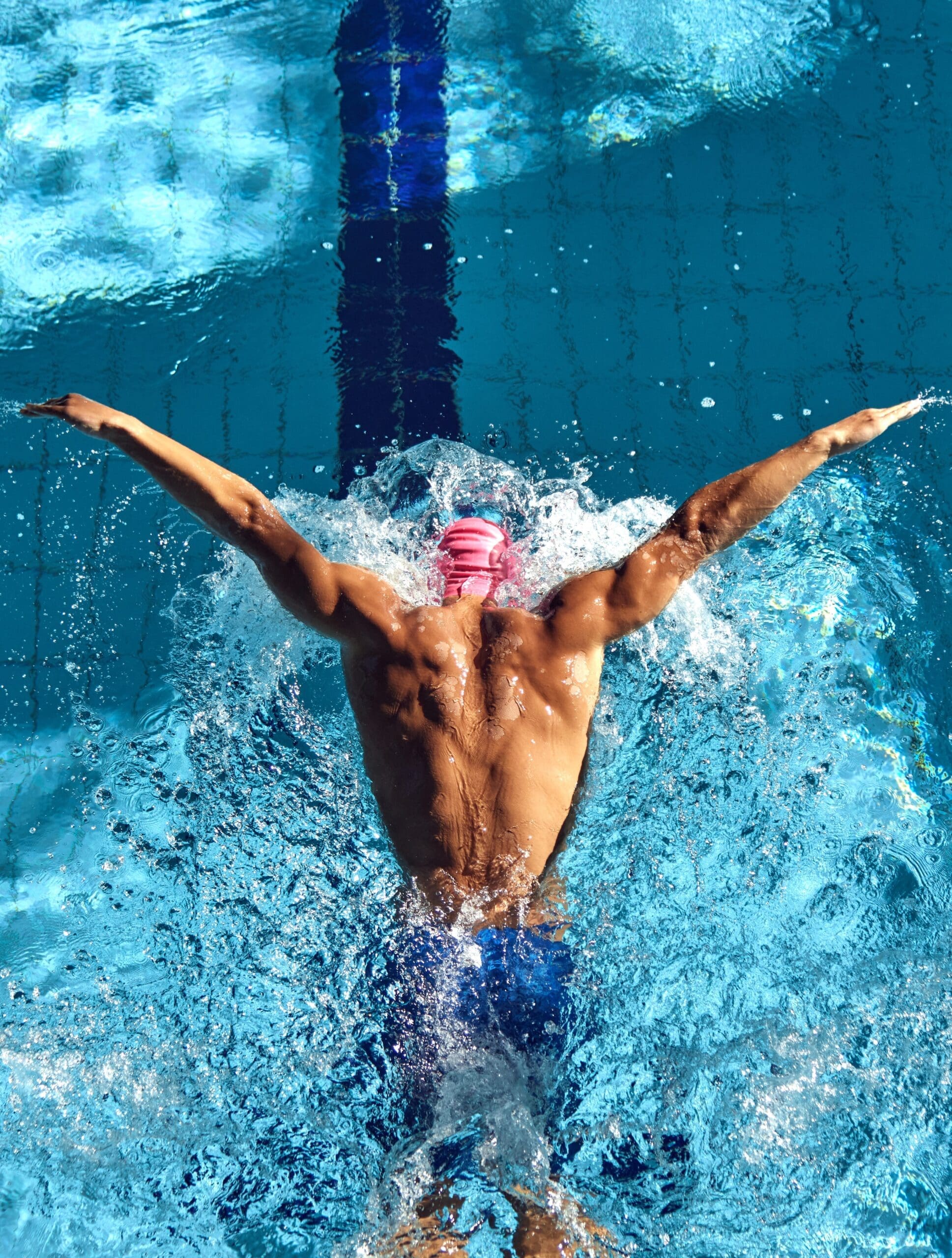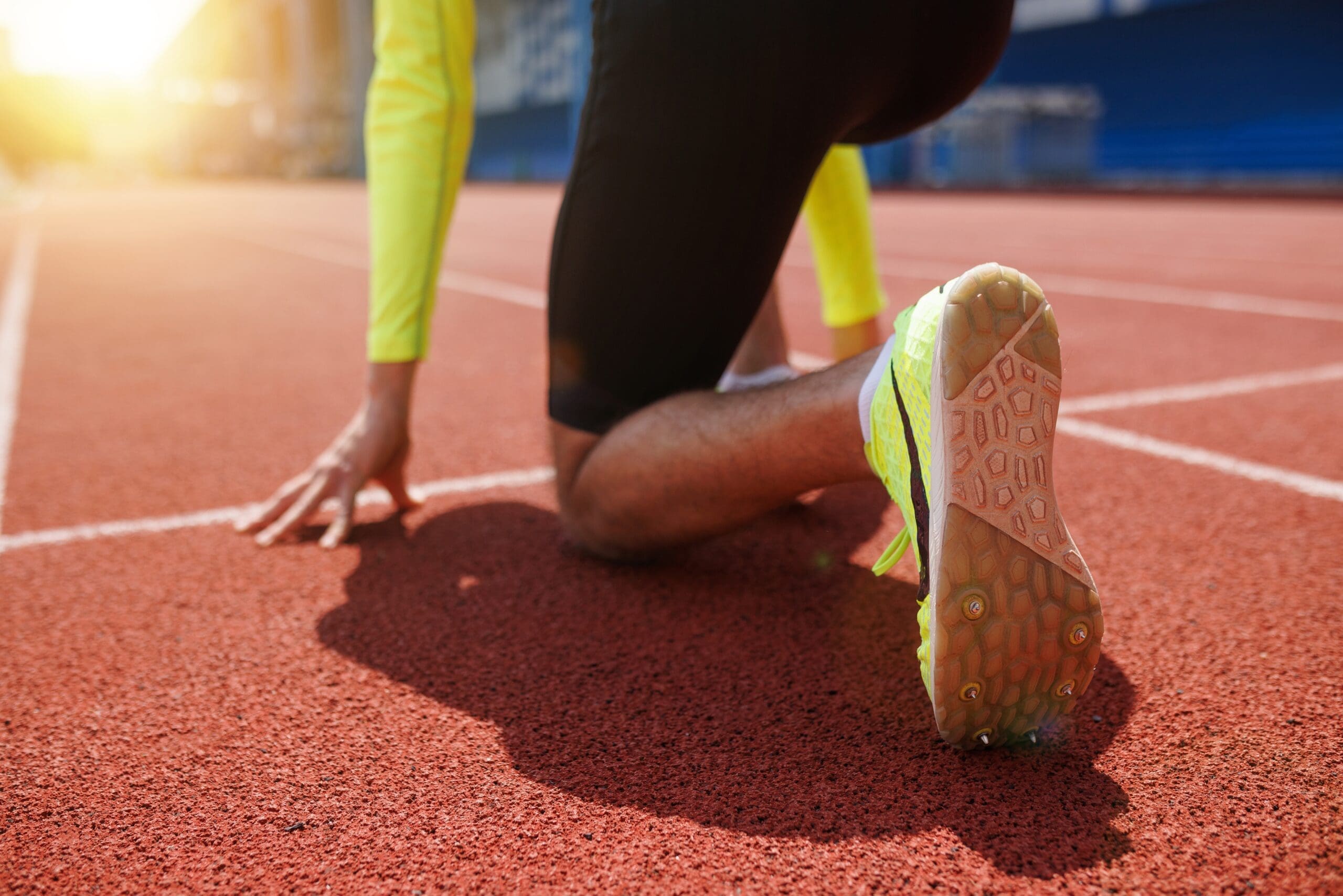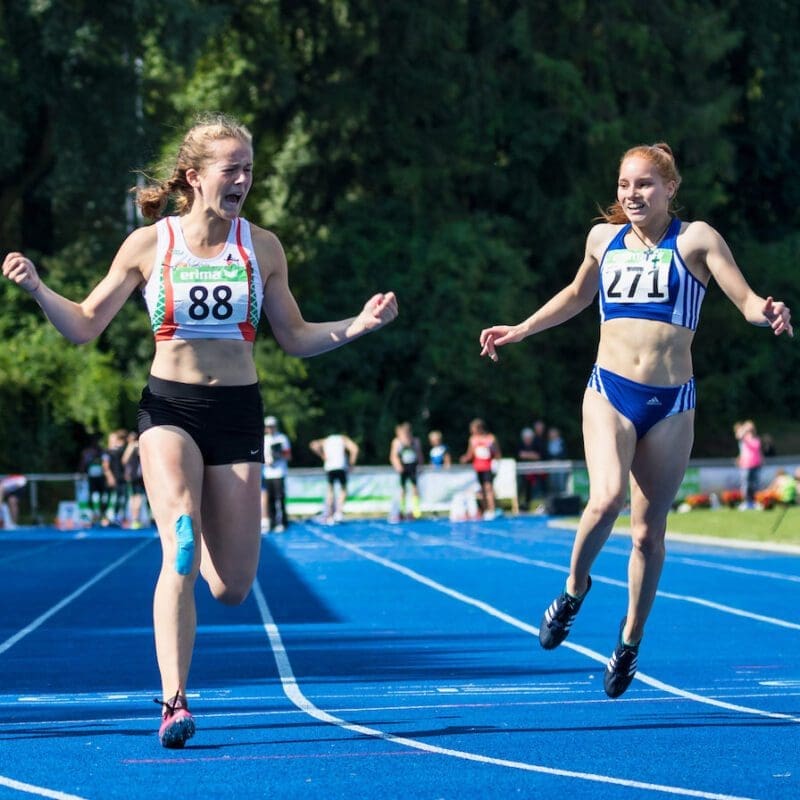What qualifications do I need to be a Sports Psychologist?
Everything about the qualifications you need to become a Sports Psychologist
Becoming a sports psychologist is an exciting and rewarding career path that combines a passion for sports with a deep understanding of the human mind. As athletes strive to reach their peak performance, the role of a sports psychologist becomes crucial in helping them overcome mental barriers and enhance their overall well-being.
This profession not only offers the opportunity to work closely with athletes but also allows you to make a significant impact on their lives by fostering resilience, focus, and motivation. Whether you’re already in the field of psychology or considering it as your next step, pursuing this specialised area can lead to a fulfilling career where you contribute directly to athletic success and personal growth. With the increasing recognition of mental health’s importance in sports, now is an ideal time to consider becoming part of this dynamic and influential field.
In this Sports Psychologist qualifications guide
Qualifications to be a Sports Psychologist
Embarking on a career as a sports psychologist is both a rewarding and impactful journey. It requires a unique blend of psychological expertise, understanding of athletic performance, and the ability to connect with individuals on a personal level. To excel in this field, one must possess not only academic qualifications but also practical experience that bridges the gap between theory and practice.
A solid educational foundation is crucial, typically beginning with an undergraduate degree in psychology or sports science. This provides essential insights into human behaviour and the physiological aspects of sport. Following this, aspiring sports psychologists often pursue specialised postgraduate qualifications that delve deeper into the psychological principles specific to athletic environments.
Beyond formal education, gaining hands-on experience through internships or placements within sports teams or organisations is invaluable. This real-world exposure allows budding psychologists to apply their knowledge in dynamic settings, honing their skills in communication, motivation techniques, and mental resilience strategies.
Furthermore, professional accreditation from recognised bodies such as the British Psychological Society (BPS) ensures that practitioners adhere to high standards of practice and ethics. By meeting these qualifications and continuously engaging in professional development opportunities, sports psychologists can profoundly influence athletes’ mental well-being and performance outcomes.
In summary, becoming a successful sports psychologist involves a combination of rigorous academic training and practical experience that equips professionals to support athletes effectively at every stage of their careers.
What qualifications are needed to be a Sports Psychologist?
Level 2 Sports Psychologist Qualifications
To pursue a career as a Sports Psychologist in the UK, understanding the necessary qualifications and roles at each level is crucial. The journey typically begins with achieving a Level 2 qualification, which serves as an introductory foundation. At this stage, individuals often obtain a Certificate in Coaching or Fitness Instructing, providing them with essential skills in communication and basic psychological principles applicable to sports settings.
Level 3 Sports Psychologist Qualifications
Progressing to Level 3 involves more specialised training. Here, aspiring sports psychologists might pursue a Diploma in Sport Psychology or similar qualifications. This level deepens their understanding of psychological theories and techniques used to enhance athletic performance and well-being. It also equips them with practical skills for applying these concepts within various sporting environments.
Level 4 Sports Psychologist Qualifications
Finally, reaching Level 4 signifies advanced expertise and typically requires completing a degree accredited by the British Psychological Society (BPS), such as an MSc in Sport Psychology. At this stage, professionals are trained to conduct comprehensive assessments and interventions tailored to athletes’ mental health needs. They play pivotal roles in developing mental resilience strategies and enhancing team dynamics.
By following this structured pathway through Levels 2, 3, and 4 qualifications, individuals can effectively prepare for impactful careers that blend psychology with the dynamic world of sports.

Professional bodies for a Sports Psychologist
When considering a career as a sports psychologist, aligning yourself with professional bodies is crucial for your development and credibility in the field. These organisations not only provide you with the recognition needed to stand out but also offer invaluable resources and networking opportunities.
One of the primary professional bodies in the UK is the British Psychological Society (BPS), which offers membership to those who meet their rigorous standards. Being part of BPS signifies that you adhere to high ethical standards and are committed to ongoing professional development. This membership can greatly enhance your reputation among peers and clients alike.
Another significant organisation is the British Association of Sport and Exercise Sciences (BASES). BASES focuses specifically on sport and exercise sciences, providing sports psychologists with access to specialised research, training workshops, and conferences. Membership here signals your dedication to staying at the forefront of industry developments.
Additionally, registering with the Health and Care Professions Council (HCPC) is essential for practising legally as a sports psychologist in the UK. The HCPC ensures that practitioners maintain professional standards necessary for public safety.
Joining these respected bodies demonstrates your commitment to excellence in sports psychology, opening doors to new opportunities while ensuring you remain informed about best practices within this dynamic field.
Training fees to become a Sports Psychologist
Becoming a sports psychologist is an exciting career path, but understanding the financial commitment involved is crucial. Training fees can vary significantly depending on the level of qualification you aim to achieve. At Level 2, you might expect to pay between £300 and £500 for introductory courses that provide foundational knowledge in sports psychology principles. These courses are often short-term and offer a great starting point for those new to the field.
Progressing to Level 3, costs generally increase, with fees ranging from £600 to £1,200. This level typically involves more comprehensive study and practical application of psychological skills in sports settings. It’s designed for those who are serious about building their expertise and beginning to work more closely with athletes.
At Level 4, which usually leads towards professional accreditation, fees can be quite substantial – often between £1,500 and £3,000 or more. This advanced training includes in-depth modules that cover complex psychological theories and techniques applicable to high-performance sports environments.
Investing in these levels of training not only enhances your credentials but also opens doors to diverse opportunities within sports organisations and teams. Understanding these costs upfront allows you to plan effectively for a rewarding career as a qualified sports psychologist.

Getting experience to be a Sports Psychologist
Aspiring to be a sports psychologist is an exciting and rewarding journey that requires both dedication and strategic planning. Gaining relevant experience is crucial in this field, as it not only enhances your understanding but also strengthens your credibility. Start by volunteering with local sports teams or organisations, where you can observe the dynamics between athletes and their coaches. This hands-on experience will provide invaluable insights into the psychological needs of athletes.
Additionally, internships are a fantastic way to gain practical knowledge while working under the guidance of experienced professionals. Look for opportunities in universities or sports clubs that offer programmes related to sports psychology. These placements allow you to apply theoretical knowledge in real-world settings, which is essential for developing critical skills.
Networking with professionals already established in the field can also open doors to valuable mentorships and advice. Attend workshops, conferences, or seminars dedicated to sports psychology – these events are excellent platforms for learning about the latest research and practices while connecting with like-minded individuals.
Remember, every piece of experience you gather contributes significantly towards establishing yourself as a skilled professional in the realm of sports psychology. With determination and strategic effort, you’ll be well on your way to making a meaningful impact on athletes’ lives through psychological expertise.



